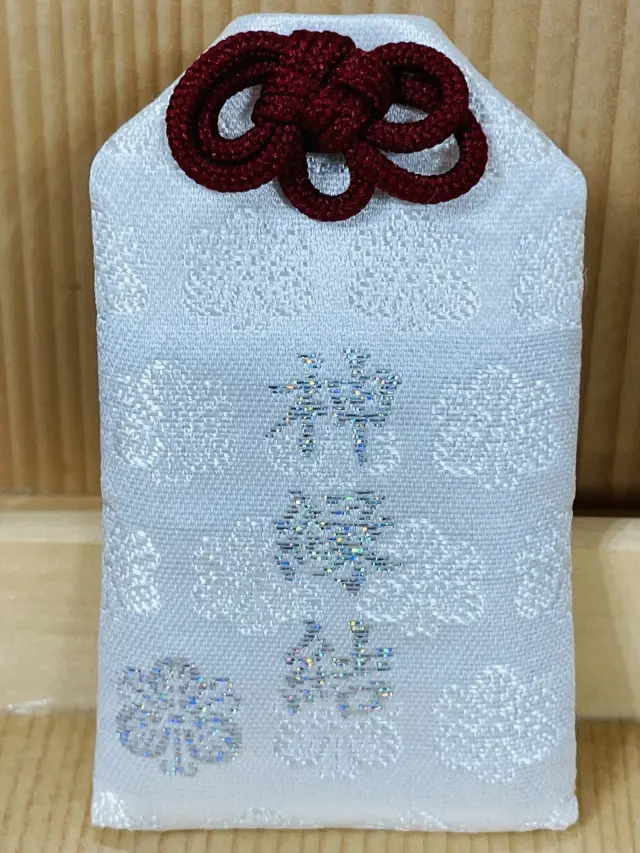
Verified [Verified] denotes information that has been published with confirmation of its owing parties.
Imamiya Ebisu Shrine
A shrine said to keep the deity of good, booming business.
Imamiya Ebisu Shrine is a historic and revered shrine whose founding is said to date as far back as the year 600 during the reign of Empress Suiko, when Prince Shotoku established Shitenno-ji Temple and enshrined a guardian deity to its west. Today, it is widely worshipped as the home of deities for prosperous business and good fortune. The annual “Toka Ebisu” festival held every January—affectionately called “Ebessan”—draws large crowds seeking blessings for success and prosperity.
The main hall enshrines Amaterasu-omikami, Kotoshironushi-no-mikoto (commonly known as Ebisu), Susanoo-no-mikoto, Tsukuyomi-no-mikoto, and Wakihime-no-mikoto. In the adjacent Okuninushi Hall (Daikokusha), Okuninushi-no-mikoto and the Gonan-Sannyo-Yahashira are enshrined. Despite its city-central location, the shrine grounds including main hall, Daikokusha, and Inari Shrine—exude a calm and peaceful atmosphere.
A traditional custom remains for those who enter through the East or North gates: after praying at the front of the main hall, visitors also make a second prayer at the back, striking the copper gong in what’s known as the “Uramairi” or “Nenchoshi Mairi” (rear visit or follow-up prayer).
Among the shrine’s popular items are the “Enman Joju Ema,” a wish plaque featuring a colorful seven-hued pouch and a transparent acrylic prayer tablet, and charms such as the gold-plated card-type “Kin’un Mamori” for wealth, and the “Shinen Mamori” woven with gemstone thread. The shrine also offers limited-edition goshuin (temple stamps) decorated with gold leaf during seasonal events like Toka Ebisu, attracting regular visitors year-round.
Highlights
-
Famous for enshrining the deity of prosperous business.
-
A historic shrine founded in the year 600.
-
Hosts the Toka Ebisu Festival every January.
-
Known for the custom of “Uramairi”. (rear shrine prayer)
-
Offers limited-edition goshuin (shrine stamps) during Toka Ebisu and seasonal events.
Photos
-

Founded as the guardian shrine to the west of Shitenno-ji Temple
-

The main hall enshrines five deities
-

Huge crowds gather during the Toka Ebisu Festival
-

"Good Fortune Charm" with 24-karat gold plating
-

"Enman Joju Ema" — a wish plaque with an acrylic talisman placed in a colorful seven-hue pouch and offered to the shrine
-

"Shinen Mamori" — a special charm made with gemstone threads
Official FAQs
Frequently Asked Questions have been vetted and answered directly by each listing.
Q
Do you have pamphlets in other languages? (If so, please also inform us of the supported languages)
Only English pamphlets available.
Q
Do you have shrine’s red ink stamps?
Yes. Handwritten goshuin in stamp books are available for 500 yen. Limited-edition goshuin for Toka Ebisu and seasonal events are available for 1,000 yen.
Q
Is parking available?
Yes, parking is available. However, it cannot be used during festivals in July, December, and January.
Q
Are coin lockers available?
Not available.
Reviews
Details
- Name in Japanese
- 今宮戎神社
- Postal Code
- 556-0003
- Address
- 1-6-10 Ebisunishi, Naniwa-ku, Osaka City, Osaka
- Telephone
- 06-6643-0150
- Closed
- Open every day
- Business Hours
- 6:00am - 5:00pm(Only south gate closed at 10:00pm)
- Admission
- Free
- Access
-
(1)A short walk from Nankai Imamiyaebisu Station.
(2)About 8 minutes walk from Osaka Metro Daikokucho Station or Ebisucho Station.
(3)About 8 minutes walk from Hankai Line’s Ebisucho Station. - Official Website
- Official Website (English)
Check also...
Please cooperate with this survey.
Thank you for your cooperation with the survey.
Recommended for you
-

Top Recs for Niche Travel in Japan
-

The Best of NIPPON47
-

Prince Snow Resorts Feature
-

Kansai’s Hot Springs
-

Retro & Trendy Japan - A Travel Style Guide
-

First Avenue Tokyo Station
-

7 Tips to Dig into the Best of Gotemba
-

Mt.TAKAO+one
-

The Complete Guide to Ichibankuji
-

A Guided of Bridge Connecting Honshu and Shikoku
-

How to Enjoy Ekinaka
-

Exceptional Japan Finds










